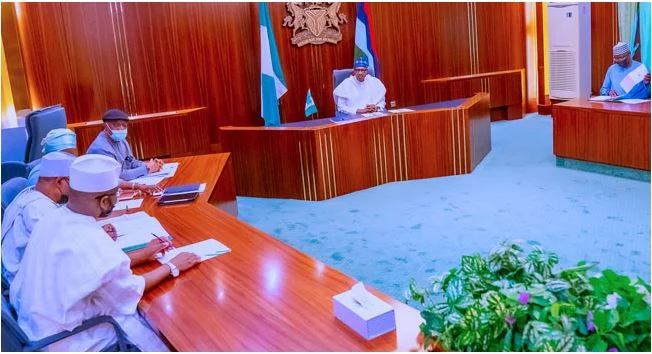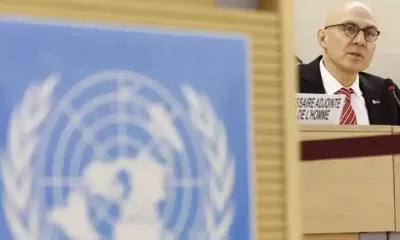In a troubling development, tensions have surged between the Nigerien military authorities and Côte d’Ivoire, as a result of recent remarks made by Ivorian President Alassane Ouattara.
The situation escalated when coup leaders from Niger recalled their envoy in Abidjan on Monday (Aug. 14).
President Ouattara’s comments, made after a summit of the ECOWAS on August 10, hinted at a potential military operation that he suggested should “start as soon as possible.”
President Ouattara’s statement, however, has sparked a strong rebuke from the Nigerien side. In a detailed response, Ouattara’s eagerness for an immediate military action against Niger was labeled “illegal and senseless” by the coup leaders.
“Far from being the expression of the will of the brotherly Ivorian people, whose friendship with the people of Niger is unequivocal, this unusual declaration by President Ouattara and his eagerness to carry out an aggression against Niger which is in every way illegal and senseless, reflects in reality an order addressed to him and certain of his peers in the ECOWAS by other external powers, with the aim of preserving interests that no longer match those of today’s Niger.”
They accused him of acting under the influence of external powers, rather than representing the true wishes of the Ivorian people.
The regional tensions have brought into question the viability of a military intervention in Niger. Last week, ECOWAS leaders had mandated the deployment of a “standby force,” raising concerns among experts regarding the feasibility and risks of such an operation.
The ECOWAS “standby force” has previously been utilized for peacekeeping missions in countries such as Sierra Leone, Liberia, Guinea-Bissau, and Gambia.
Experts believe that executing a military operation in Niger poses significant challenges. The country’s vast and hostile terrain could complicate a land offensive, while doubts persist about the effectiveness of an air operation targeting the presidential palace where the ousted president is reportedly held.
The Nigerien military boasts an estimated strength of around 30,000 soldiers, with approximately 11,000 deployed in the theater of operations.
Despite the willingness of Senegal, Benin, Nigeria, and Côte d’Ivoire to send troops, there is internal criticism and hesitation from other West African countries, revealing underlying divisions within ECOWAS.
The complex nature of such an operation necessitates thorough negotiations and coordination among contributing nations, a process often mired in mistrust.
As the situation unfolds, the international community watches with bated breath, aware of the challenges and uncertainties that lie ahead for the region.
The delicate balance between diplomatic efforts and military interventions remains a key concern for ECOWAS leaders grappling with the escalating crisis in Niger.
















